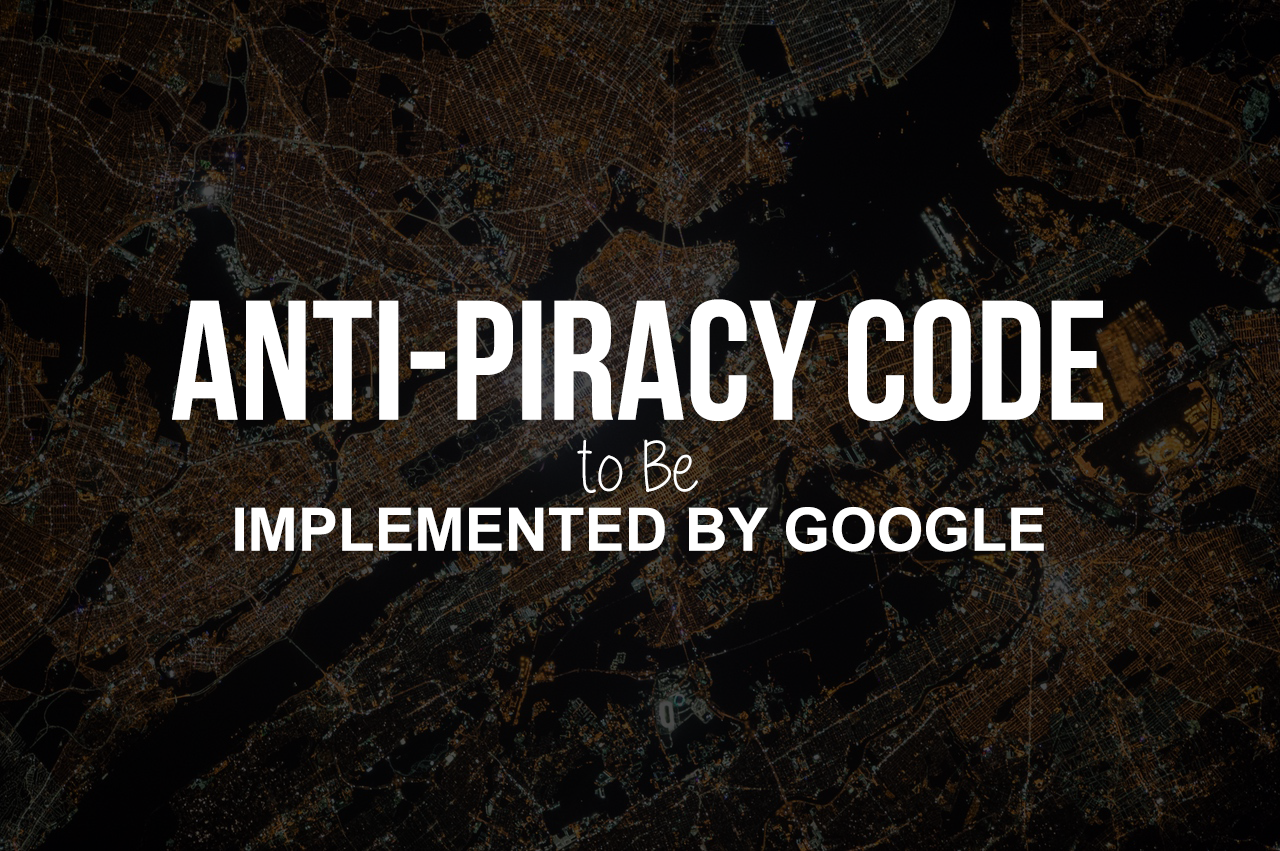Anti-Piracy Code to Be Implemented by Google
Google has been doing their best to fight the outbreak of fake news. In line with this, Google with the cooperation of the other ‘big’ Search companies is nearing the completion of an agreement that aims to implement anti-piracy measures for search results. The code is essentially a means to purge the presence of links that violate copyright, or the law in general.
According to The Telegraph, Bing and Google agreed that the code should take effect by at least 2017 June 01 which led to notable discussions spearheaded by the UK’s Intellectual Property Office.
Google has been doing their best to combat fake news as well as to depreciate websites or links that direct users to content that violate copyright laws. Understandably, leaders of the entertainment industry have called for more stringent efforts to combat these pirates. In line with this, Google with the cooperation of said leaders is close to finishing discussions that aim to clearly define what must be done to combat piracy.
Primarily, these efforts are initially concentrated in the United Kingdom due to a more recent ‘uprising’ by the UK Government to fight online piracy. Google and Bing’s pre-emptive efforts allow them leeway to set their own initiatives as opposed to having the UK Government ‘forcing’ them to abide by the Government’s decisions through policy changes.
Of course, these changes in the UK will set a precedent which will more than likely force Google and Bing primarily to enact the same measures in the United States as well as the other major countries in the world before eventually reaching a global scale.
My Thoughts
Piracy is, of course, illegal by definition of law. Now I’m not an expert on the matter but I know that much. However, I’m looking at a much bigger picture. With Google more strongly cracking down on internet piracy, it is only a matter of time before they can do so much more to combat fake news. I can make this comparison because piracy and fake news are almost the same things – at least by principle.
Piracy is something that deals a large blow to the entertainment industry which dabbles in music, movies, and even video games. It is something that cuts down on income as which affects not only the entertainment industry but the people that work for them.
Fake news, on the other hand, affect not only people but also the economy as a whole. I speak of this with confidence because I have seen first-hand what fake news can do to businesses and people. Not only can they ruin reputations due to the nature of their content, they also implant false information into the minds of people and consumers which prevents them from making informed decisions.
One of the biggest examples of the threat of fake news was during the duration of the recently concluded United States Election for the Presidency. Many websites popped out with various sex scandals and the like concerning American politicians which not only hurt their reputation, it also misinformed a large number of people.
That’s just one example and there are much more that you can look up for yourself if you are curious. If these websites reported on legitimate news then all is well. The problem is that they are doing this while intentionally sensationalizing whatever topic that can write on in order to get clicks – which is a big no-no IF it was done like this.
White hat SEO is an advocacy that I have been fighting for and I believe that the fight that Google and Bing is bringing to combat online piracy can eventually lead to them eradicating fake news that get clicks that more deserving websites should get.
Of course, this is only my opinion and I would love to hear yours. Do you have any experience with fake news or online piracy that you would like to talk about? Share them in the comments below!
